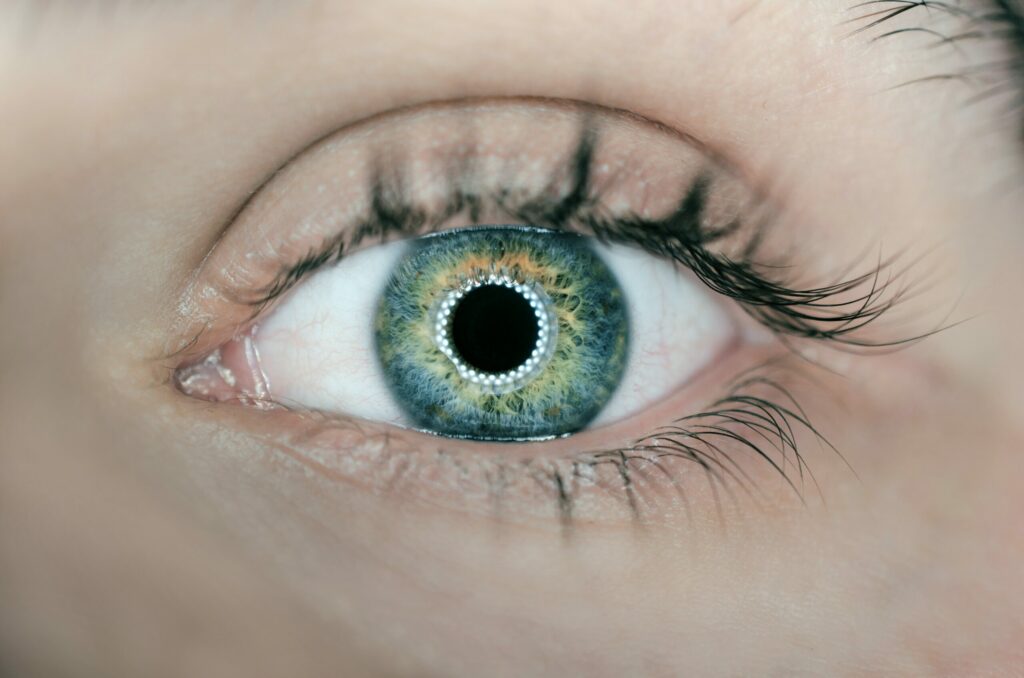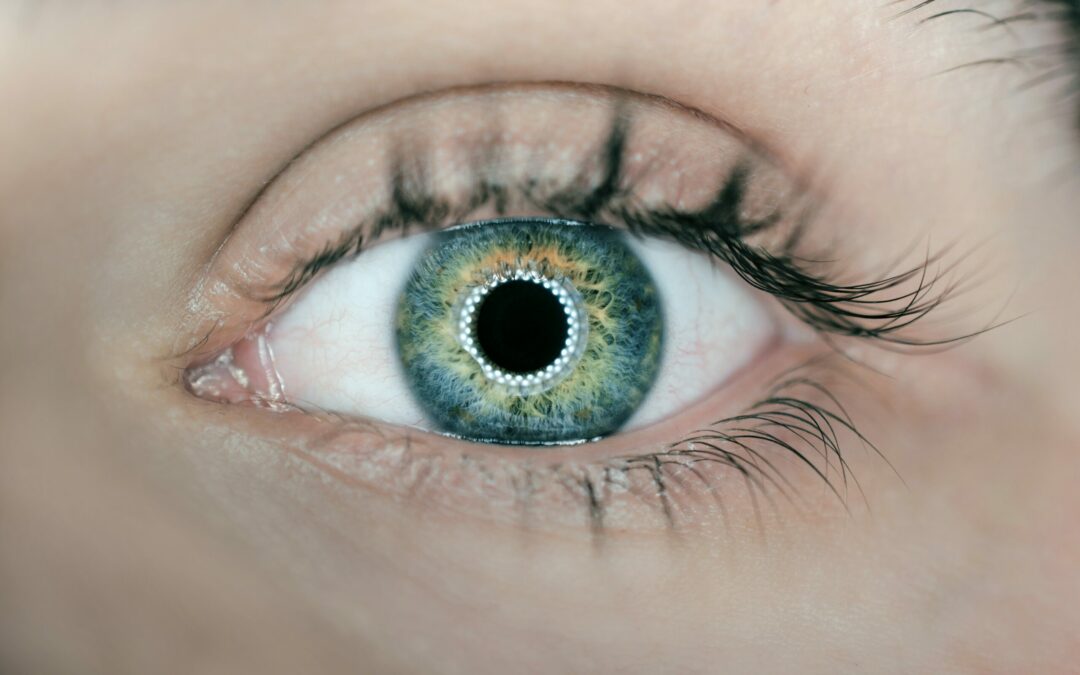10 underlying health conditions an eye exam can uncover

Aside from checking your vision and the health of the eye itself, a regular eye examination is also important as a wider wellbeing check. That’s because, just as your neck bone’s connected to the head bone, as the catchy childhood rhyme says, your eyes are connected to many other systems in your body. So, this means that if something isn’t right, your eyes may be the first to show it.
Sometimes the first hint that something is wrong with someone’s general health is when they arrive with certain eye conditions.
Persistent blurred or double vision is often a sign of a problem, as is the discolouration of the sclera or iris. Often, painful eye movement will be an indication of pressure on the optic nerve, which can be caused by several different conditions.
When it comes to the eyes it’s best to be cautious. Any changes should be checked promptly. To ensure you don’t ignore any symptoms, here are ten conditions and diseases which have indications in the appearance and inner workings of the eye and in your quality of vision.
———————————————————————————–
1. Diabetes
Diabetic retinopathy is a leading cause of blindness in New Zealand. This is caused by blood vessels becoming blocked or damaged, resulting in fluid or blood leaking in the retina. As these blood vessels heal, the scar tissue can affect vision, causing blurring and floaters as an early symptom, which progresses to severe vision loss if left untreated. Early detection and treatment of diabetes is important to avoid this.
Tiny blood vessels in the retina that leak yellow fluid or blood can be a sign of diabetic retinopathy. Sometimes, this disease appears in eye tissue even before a person has been diagnosed with diabetes. Early detection can help people avoid vision loss and other serious complications.
2. Brain tumour
A tumour increases pressure in the brain, which can cause swelling near the back of the eye, affecting the optic nerve. While this might not have any symptoms in the early stages, your ophthalmologist will be able to see these changes during an examination. In some cases, external symptoms will include a loss of peripheral vision, double vision or changes in pupil size.
3. High cholesterol
While relatively common, with around one in four New Zealand adults testing above recommended levels, high cholesterol is a leading cause of stroke. Early precursors to this life-threatening condition can be indicated by eye health. In those under the age of 40, a yellow or blue ring around the cornea can signal high cholesterol, and deposits in the blood vessels of the retina are another precursor. Again, regular ophthalmologist exams as well as health check-ups with your GP will help avoid this.
4. Multiple Sclerosis
This degenerative disease can start to make itself known at any age, but most commonly when a person is between the ages of 20 and 40. As it affects the nervous system, the disease can cause inflammation of the optic nerve, with symptoms that include blurred or double vision and painful eye movement. While there is no cure, there are some excellent treatments for MS, so catching attacks of the disease early can be helpful to reduce suffering.
5. Sexually transmitted infections
While your eyes may not be your first thought when you consider conditions such as syphilis, chlamydia, HIV, gonorrhoea, genital warts, pubic lice, and herpes, STIs can affect the layers of the eye and may be detected during an eye examination. Again, early detection and treatment can be lifesaving in some cases.
6. Vitamin A deficiency
Serious deficiency in Vitamin A can cause blindness, so it’s important to know when you are low. Dry eyes can be a sign of a Vitamin A deficiency, as your eyes cannot produce enough moisture to keep them lubricated without this important ingredient. Low levels of Vitamin A can also prevent production of certain pigments in your retina, leading to night blindness. Get checked promptly if either of these symptoms surface.
7. High blood pressure
A known risk factor for glaucoma, diabetic retinopathy, macular degeneration and other diseases, high blood pressure will often be picked up during a dilated eye examination. It can be signalled by unusual bends or kinks in the blood vessels at the back of the eye, or by bleeding from these vessels.
8. Thyroid disease
Also known as Graves’ Disease or hyperthyroidism, thyroid disease occurs when the thyroid gland produces too much or too little of the hormone triiodothyronine, which controls energy levels, temperature, metabolism, heart rate, blood pressure and foetal development. A common sign of this disease is protruding eyeballs and retracting eyelids, and sometimes this will also cause dry eye, blurring and vision loss.
9. Heart disease
Ophthalmologists use an imaging tool called Optical Coherence Tomography (OCT), which enables them to see microscopic marks which can be left on the eye by stroke. These marks don’t always indicate a problem, but they are found in higher numbers in those with heart disease. Timely detection can prevent some serious consequences spanning from aneurysm to cardiac arrest.
10. Blood, tissue, and skin cancers
The Big C tends to rear its ugly head in every part of the body and, unfortunately, the eye is no exception. Some tissue cancers, such as breast cancer, can spread to the ocular structures, while skin cancers can affect the eyelids and outer surfaces of the eye. Leukaemia and lymphoma tend to affect the eye’s interior aspect. Early detection can be lifesaving.
———————————————————————————–
There are also a host of other diseases and conditions that can show themselves in the eye, from Lymes Disease to Rheumatoid Arthritis.
It’s important to remember that these symptoms don’t guarantee you have a certain health condition, so don’t jump straight into panic mode if you experience any of them. Not all eye pain or changes to the eye are serious, and stress will likely not help the situation!
Instead, stay up to date with your check-ups and, should you experience any unusual symptoms, book in an examination as soon as you can.
